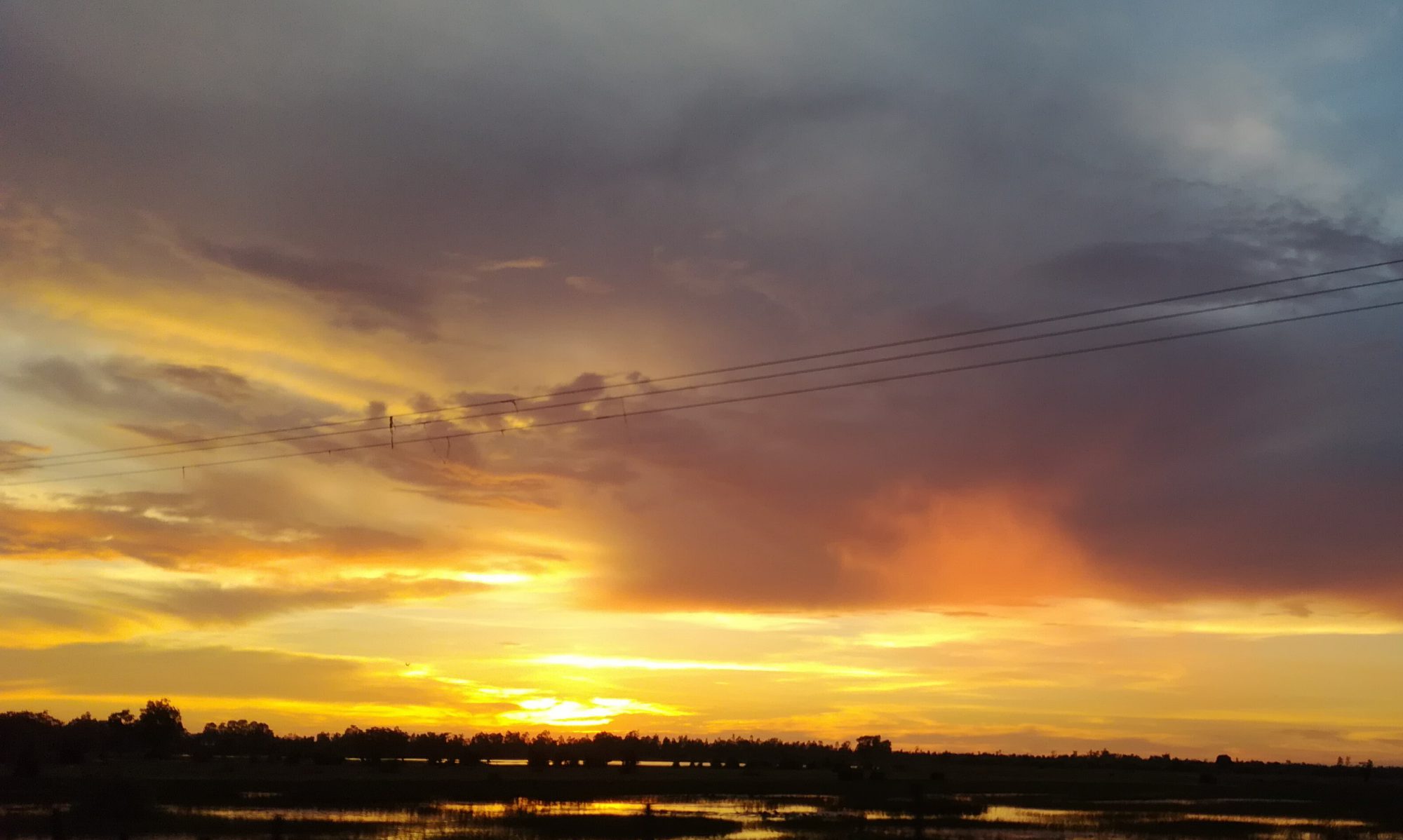“Hi! My name is Makara, and I hate coding.” This used to be how I introduced myself to my new teachers or visitors when I was being asked to tell something about myself so that they could remember me. I could have say, “I am passionate about gender equity and women empowerment,” or “I love doodling,” or even “My favorite food is roasted chicken ” ‒ but out of all the possibilities ‒ I pick “I hate coding.” This phrase had embedded in my brain since the first day I enrolled in a 7-week project called Programing. Whenever I could not accomplish a petty-coding task, I would forsake and compare myself to others. Frustration, disappointment, and stress always revolved around me whenever I did not know how to do something or when I was in an uncomfortable situation. From that day on, I successfully convinced myself that coding will not be a part of my identity. This was a reflection of my personality. I chose to stay safe ‒ I chose to avoid vulnerability ‒ I chose to be dogged from taking risks.
On the first day of our Gender Equity Exploration, the glum classroom was full of tears. We emotionally and eagerly discussed about gender-based questions; those questions just popped up in our brain after one another. One of the essential questions that I have answered was “how does my family affect my personality?” At that time, I cracked up and always on the verge of tears. At that time, I was not hesitant to share: my stories, my thoughts, my experience, and especially my anger. At that time, I created a vulnerable environment for myself, while also feeling safe. As the project progressed, I was ravenous to have those kind of conversations and explore more about gender equity globally and locally. We looked at so many role models who shared how they were being impacted by who they are in the society. After being inspired, we intended to raise awareness about gender issues among every human, especially Cambodian. We came up with ideas of establishing a blog and creating a gender summit. After that, everyone was very busy as a bee due to brainstorming ideas for articles to write and organizing the summit. I was responsible for conducting interviews for the documentary. The interviewees would have to answer four questions: what is the first thing that come to your mind when I say “girl?” what is the first thing that come to your mind when I say “boy?” have you ever been restricted by your gender in any way? if so, how? in order to achieve gender equity, what need to happen? As we approached the due dates of the summit, I was expressly buckled down to finish my tasks. Finally, there were seven schools participated with over 100 students. This summit was deem as a huge success because those students have earned the courage to discuss these touchy-gender topics with their friends and family. Personally, this project has not only doused me with consciousness and endurance, but also the power to have sensitive talk with my mom, and the ability to not always be the top dog of the group.
When we started to assign tasks to the students, my learning facilitator asked, “who want to be in charge of organizing the entire event?” At first, I was dying to take this position because I knew that I am very adept at leading others. I found it difficult to trust someone else to take this job; however, I needed to allow others to learn how to be a leader. As a result, I was on the documentary team, which I had very little experience with. Sometimes, when things were getting out of hand, I became frantic and wanted to be the executive. Nevertheless, I had to acclimatize to the idea that my role was not a leader in this project. I had to face the facts that everyone required different times to grow.
Ultimately, I had to confront with my fear.
I was scared of being judged by others. Their opinions had constrained me from exploring new opportunities. However, this timidity has receded through times. Since Gender Equity Exploration, I learned to share my sorrow and discovered my new skill. During HIV workshop, I painfully talked about how my uncle died from having HIV, and how others discriminate his wife and children. In Bambujaya Exploration, we aimed to create additional activities to the government curriculum in order to make it more interesting, more engaged, and more stem-based. At first, I was doubting myself if I can be creative to come up with new activities. I felt undeserving to be apart of this project due to my rigid brain. In order to answer my uncertainty, I decided to join, and it has proved me that I am creative and that I am worthy of this opportunity. Additionally, in my Theater Performance Exploration, I was selected to play a character that was totally opposite from me. I was no longer having misgiving about other people’s judgment on my acting skill.
I confidently succeeded in taking risks ‒ and I am proud.
In contemporary Cambodia, flexibility is key; therefore, I have learned the value of versatility. There are constant changes, plights, and challenges that I need to overcome. If I do not step my feet in those problems, how can I change Cambodia? If I do not expose myself to new possibilities, how can I change myself? I believe that it is better to face the unknown, so that I can learn and strive. The outcomes are never set in stone; I can never guess the result, but what I can do is change my rigid self. I cannot guarantee that everything will turn out perfectly, but I am certain that taking risks will help me: to redefine who I am as a human and to achieve my dreams of changing Cambodia.
